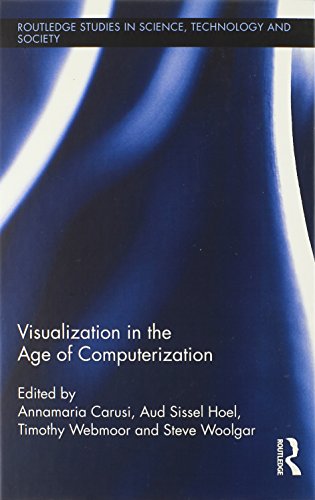

Most ebook files are in PDF format, so you can easily read them using various software such as Foxit Reader or directly on the Google Chrome browser.
Some ebook files are released by publishers in other formats such as .awz, .mobi, .epub, .fb2, etc. You may need to install specific software to read these formats on mobile/PC, such as Calibre.
Please read the tutorial at this link: https://ebookbell.com/faq
We offer FREE conversion to the popular formats you request; however, this may take some time. Therefore, right after payment, please email us, and we will try to provide the service as quickly as possible.
For some exceptional file formats or broken links (if any), please refrain from opening any disputes. Instead, email us first, and we will try to assist within a maximum of 6 hours.
EbookBell Team

4.0
6 reviewsDigitalization and computerization are now pervasive in science. This has deep consequences for our understanding of scientific knowledge and of the scientific process, and challenges longstanding assumptions and traditional frameworks of thinking of scientific knowledge. Digital media and computational processes challenge our conception of the way in which perception and cognition work in science, of the objectivity of science, and the nature of scientific objects. They bring about new relationships between science, art and other visual media, and new ways of practicing science and organizing scientific work, especially as new visual media are being adopted by science studies scholars in their own practice. This volume reflects on how scientists use images in the computerization age, and how digital technologies are affecting the study of science.